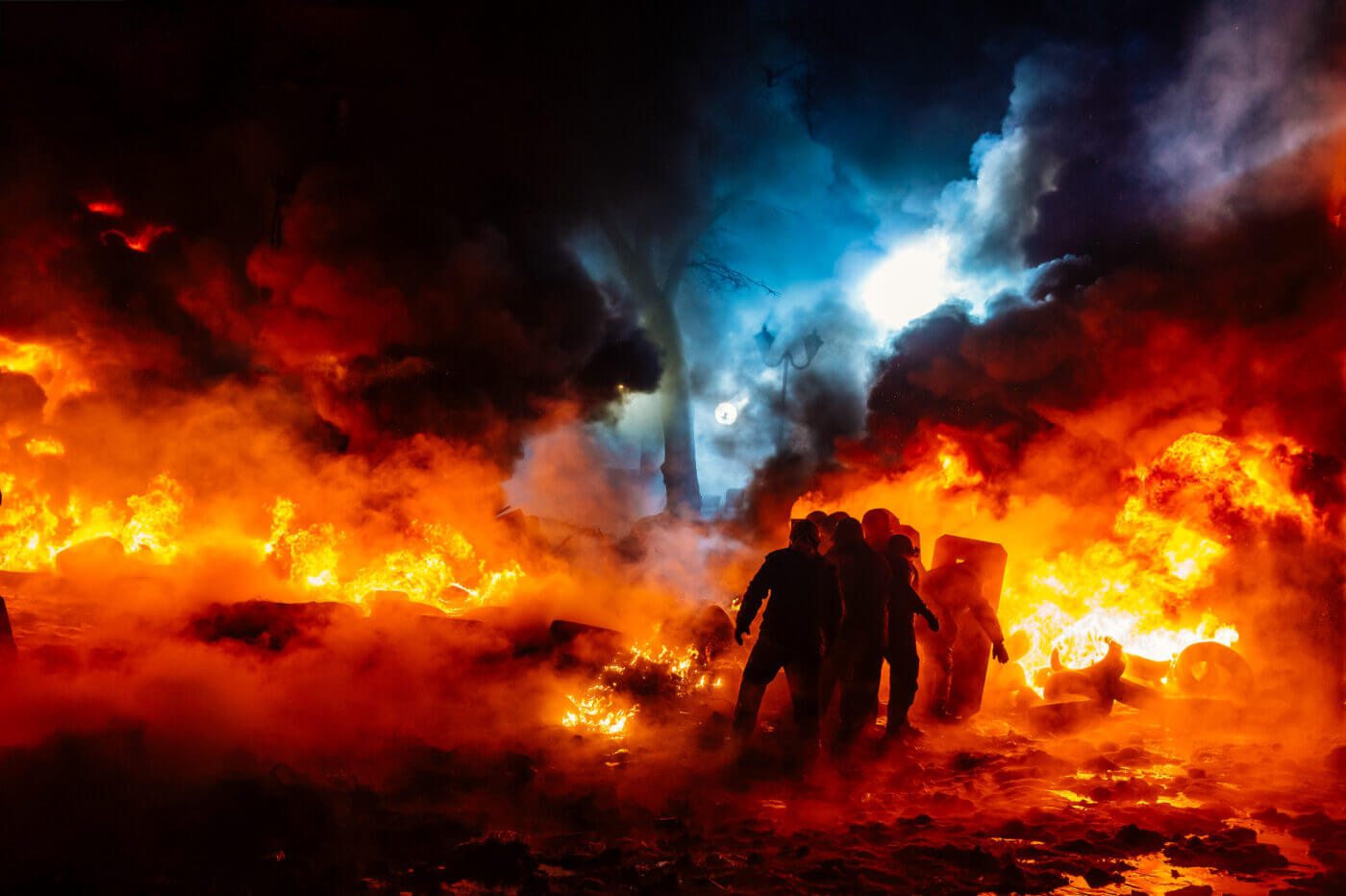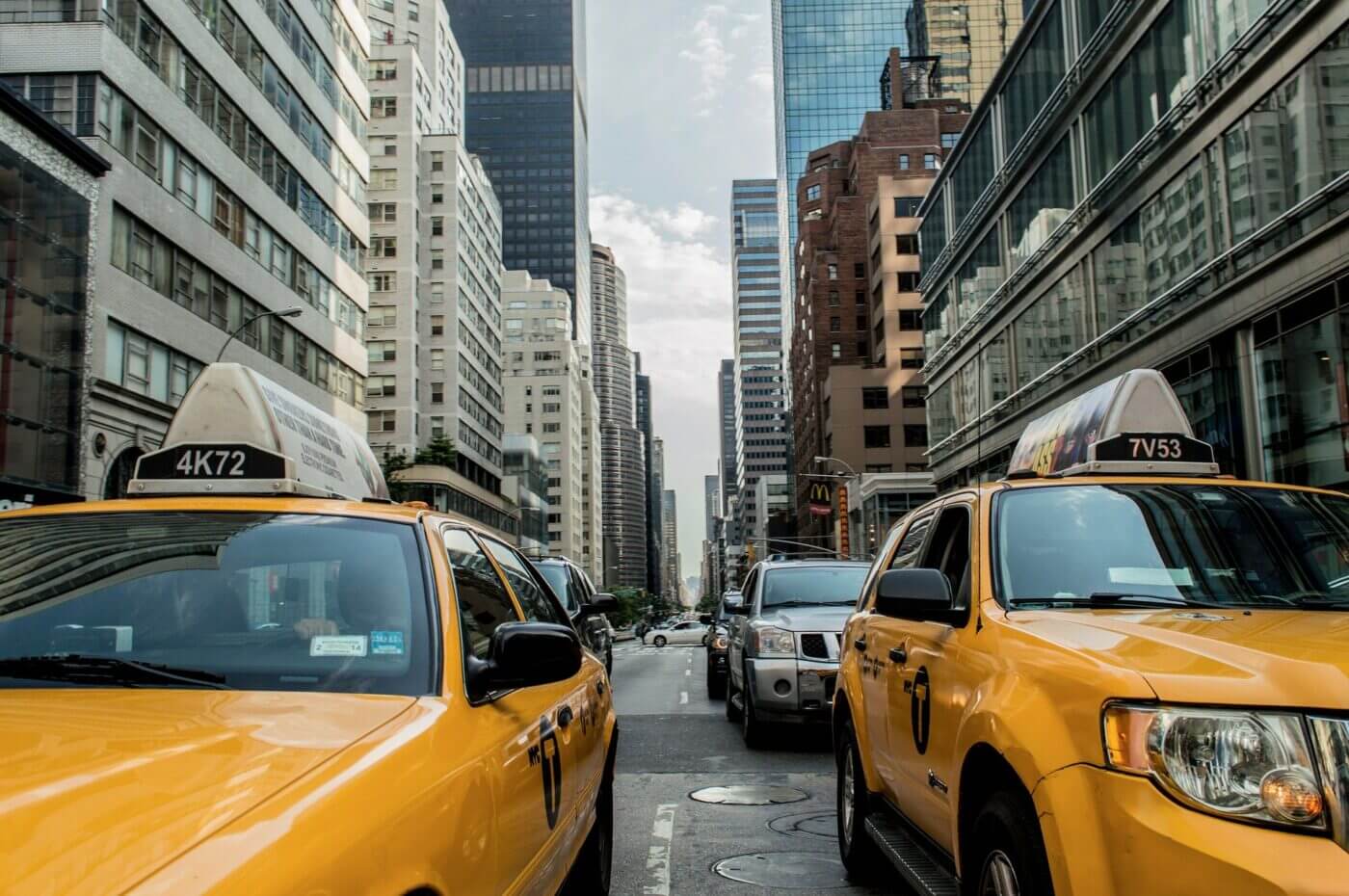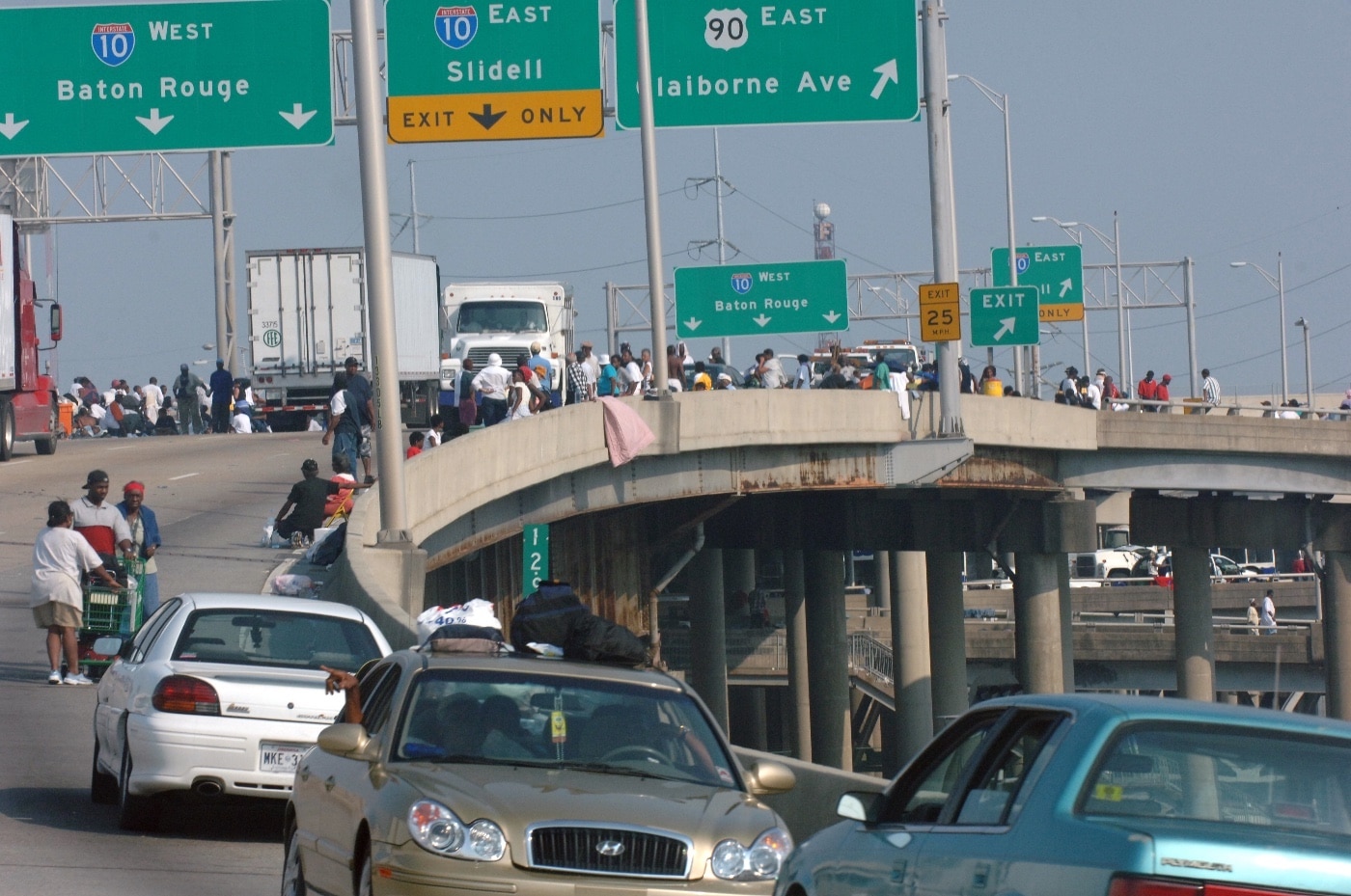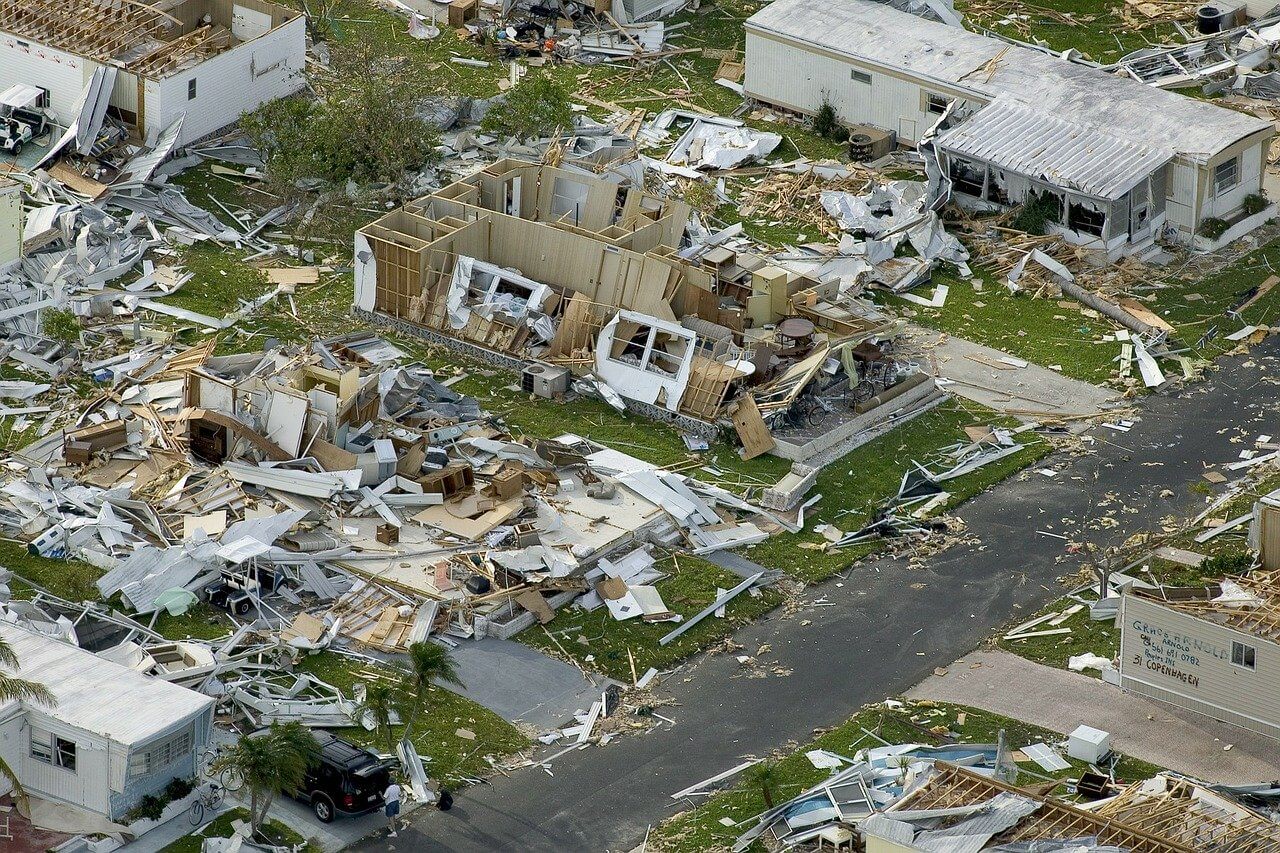Urban Prepping — Emergency Preparedness in the City
January 19th, 2025
5 minute read
In today’s article, Kit Perez looks at prepping in an urban area. As we’ve seen time and again, disasters can happen in big cities and other urban areas. Have you considered what unique challenges you may face when a disaster hits when you are in a bustling city?
If you’re looking for resources on survival, they’re easy to find — but they’re also often focused on rural or even wildland survival. Entire sites are dedicated to how to set up a survival homestead, get the right gear to live in the woods, or even just get out of the city during a grid-down situation.

But what if you can’t get out? What if the city is all you have?
There are a number of situations that “city folk” could find themselves in that require preparation and survival skills. While many of the skills you need are universal, there are a few others that need tweaking for the situation you’re in. Dealing with a natural disaster, for instance, can be a lot different than dealing with a group of people who’ve decided that they need to take over the part of the city your house happens to be sitting in.
Others might say that getting out of the city is your #1 priority in a disaster, but let’s face it… that might not be possible. This can all depend on the type of situation you’re dealing with, your finances or a number of other things. After all, not everyone can bug out to a mountain retreat that’s all set up to wait out the apocalypse.

Civil Unrest in an Urban Environment
From the 1989 earthquake in San Francisco to Hurricane Katrina in New Orleans, disastrous events can create danger for you and your family. And emergencies are not always natural in origin. Many readers will likely recall the September 11 attacks and how New Yorkers faced widespread problems even if they were not at the World Trade Center.

No matter what kind of event starts the disaster situation, there’s a good chance that eventually (or even immediately) there will be civil unrest of some kind. Rioting, looting and mob mentality can create an environment just as deadly as any natural disaster. What’s more, that type of problem cannot be fixed with your freeze-dried food and stored water.
It stands to reason then that the most important tool for survival is a means of self-defense. Owning — and being highly proficient with — a firearm is a top consideration. Without it, you cannot as effectively defend yourself or your family.
It’s not enough to have a firearm; you need to train with it extensively. There’s no such thing as overtraining, and the time to be doing it is now. Whether you’re starting from ground zero or a solid level of proficiency, you need more practice. We all do.
Situational Awareness in Your Community
Everyone seems to have their own idea of what this means, but it’s more than just being able to recite all the license plates in a parking lot. It comes down to recognizing a potential threat before the threat manifests itself — and having a plan to deal with that threat if potential becomes actual. In most cases, your plan may simply be to avoid the threat completely.

This skill is certainly necessary when you’re out and about in a gathering capacity during a disaster, but it’s also critical in a bigger picture setting before the disaster actually occurs, such as recognizing if your neighborhood is in the path of rioters, knowing alternative (or creative) ways to get from point A to point B, or being able to read a situation that could turn bad quickly.
Blending In During an Emergency
This is a critical skill even in everyday life, but in a disaster or dangerous situation you need to be able to move without drawing attention to yourself.

Being “the gray man” is a topic all its own, and it doesn’t mean you’re sneaking around. When you’re being inconspicuous, you’re quite visible — just going about your business — but nothing about you is memorable. If asked later, you’re the person no one can really pick out again.
Pay attention to what is considered “normal” in your neighborhood or area and work within that framework. People can often spot an outsider or target very easily, and the fastest way to announce your presence — and make you a target for violence — is to stand out.
Bug Out Bag
A bug out bag (BOB) is a portable kit designed to help you survive during an emergency evacuation. Many people recommend that your BOB should be set up to sustain you for three days, or 72 hours. Consequently, the bug out bag is often referred to as a 72-hour kit.
Other names for the bug out bag include go bag or GOOD bag (Get Out Of Dodge). If you need to evacuate in an emergency situation, a BOB for each member of your family is important. Another kind of bag that is similar is the get home bag. Read Scott Conditt’s article on get home bags.
Don’t wait until there is an emergency to think about your BOB. Disasters typically strike without a lot of warning. Pre-assembled bug out bags are an option, but they are also generic that frequently need modification. However, they are an option when your time is limited.
Essential Prepper Action — Train to the Situation
If you’re living in an urban environment, then your training scenarios should reflect that. Far too many folks drive out to the woods and run around with their faces painted while engaging in mock combat scenarios. The city is a whole different environment. Train to what you’re actually going to encounter; in fact, train for non-combat scenarios too.
A few important skills are as follows:
- Can you make a fire without being obvious?
- If you have a generator (for more information read Do I Need a Generator?), how far away can you hear it running?
- What’s your plan if a threat locates you?
- How are your de-escalation skills?
Surviving the urban environment isn’t impossible, but it requires a different set of skills than the camping scenario you may envision you’d be in during a bug-out situation. Learn those skills — and keep training with your firearm.
Editor’s Note: Please be sure to check out The Armory Life Forum, where you can comment about our daily articles, as well as just talk guns and gear. Click the “Go To Forum Thread” link below to jump in and discuss this article and much more!
Join the Discussion
Continue Reading
Did you enjoy this article?

 191
191






